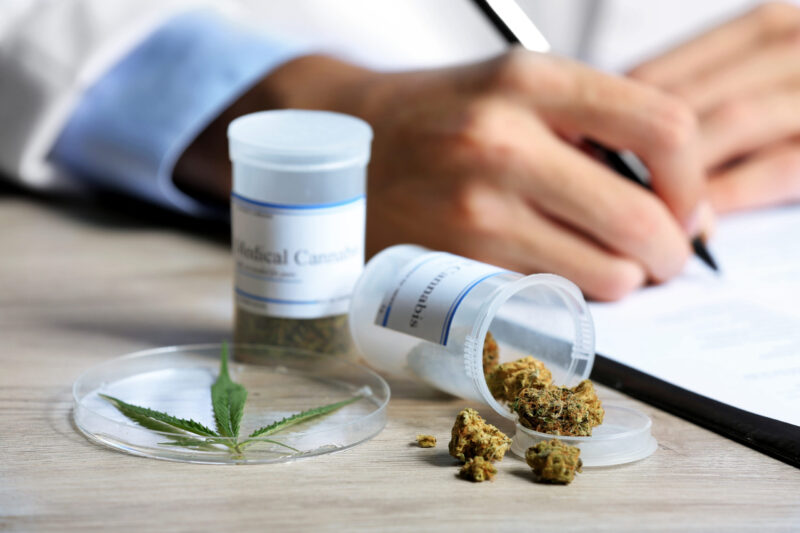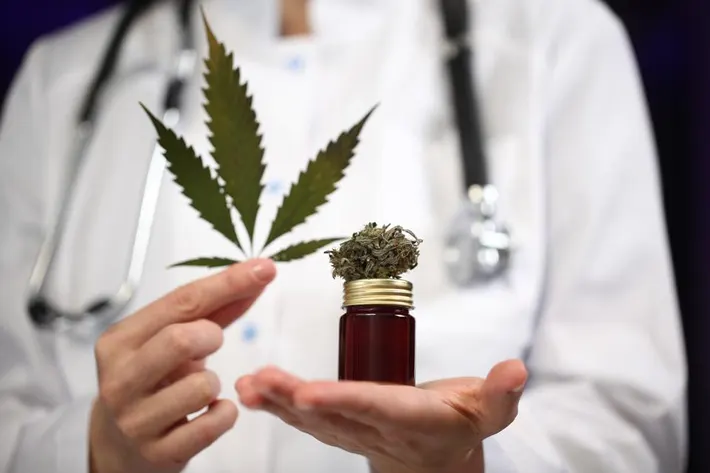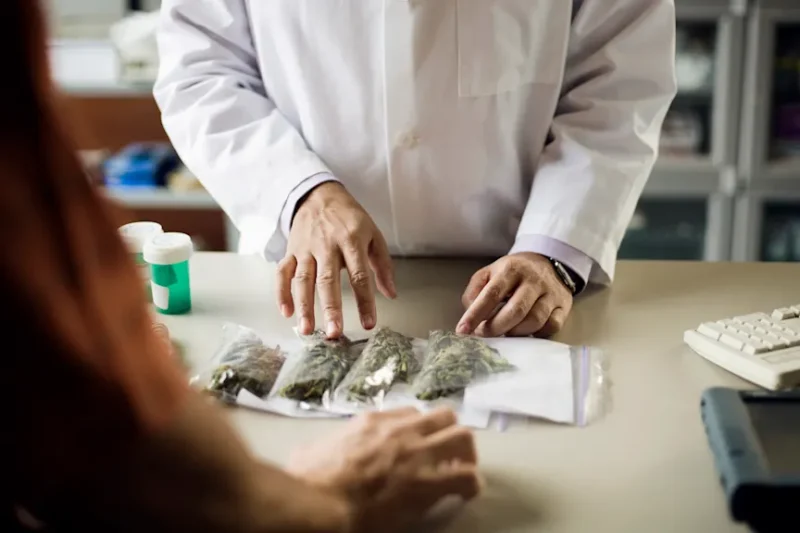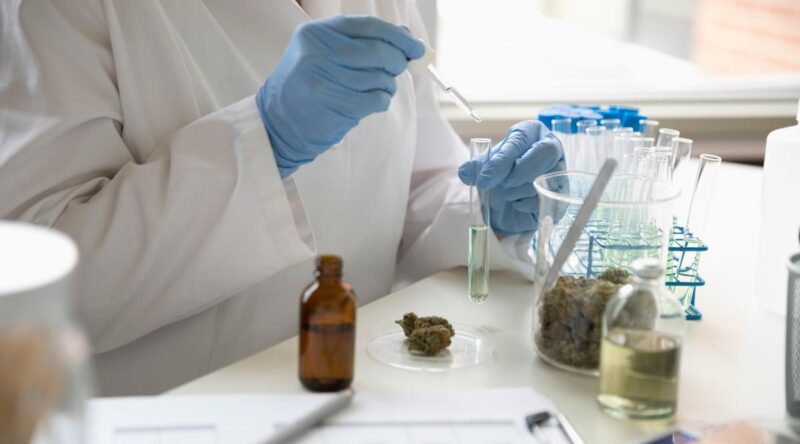Cannabis use has become a hot topic in healthcare circles. Shifting attitudes, emerging research, and patient experiences have shaped opinions in medical communities. How do professionals approach this complex subject? Are their views based on medical science, cultural shifts, or legal implications? This article uncovers balanced insights into the topic.
Key Points:
- Medical professionals hold varying views on cannabis use.
- Benefits are often discussed in the context of specific health conditions.
- Concerns focus on dependency, long-term effects, and improper usage.
- Expert opinions often differ based on personal and professional experience.
- Regulation and research influence recommendations.
What Medical Experts Say About Therapeutic Uses

Medical professionals often highlight therapeutic benefits. Pain management, seizure disorders, and mental health are areas where cannabis-based treatments show promise. However, the method of usage plays a critical role in effectiveness. For instance, vaporizers or tools like a bubbler provide an alternative for smoother inhalation compared to traditional smoking. These options may appeal to patients who prefer controlled dosing or are wary of harsh methods.
Some experts suggest cannabis-derived products like CBD oils for anxiety, PTSD, or chronic pain. However, skeptics warn against self-medication without proper consultation. They argue that more clinical trials are needed to solidify its place in mainstream treatments.
Concerns About Misuse and Dependency
Many health professionals voice concerns about dependency and misuse. Cannabis, although less addictive than substances like opioids, still carries a risk of psychological dependence. Patients who turn to it recreationally may lose track of safe limits, leading to misuse.
The American Psychiatric Association warns about risks in younger users, as cannabis use in adolescents can interfere with brain development. Doctors working in addiction recovery stress that moderation is key, and they advise patients to avoid over-reliance on cannabis for stress relief.
Medical Conditions Where Cannabis Shows Promise

Cannabis-based treatments have gained recognition for their role in specific conditions:
- Chronic Pain Relief
Cannabis can help patients manage severe, long-term pain where conventional medications fail. Certain strains may alleviate inflammation, making it a preferred option for arthritis sufferers. - Epilepsy and Seizures
Cannabinoid-based medications like Epidiolex have been approved for severe forms of epilepsy, including Dravet syndrome. Medical experts praise its effectiveness in reducing seizure frequency. - Cancer Treatment Support
Cancer patients undergoing chemotherapy may benefit from cannabis use to manage nausea and appetite loss. Specialists emphasize its role in improving quality of life for terminally ill patients. - Anxiety and PTSD
Patients with anxiety or PTSD often report reduced symptoms after using cannabis products, particularly those rich in CBD. However, some health professionals recommend caution, as excessive THC can exacerbate anxiety.
Legalization’s Impact on Medical Perspectives

Medical professionals observe that legalization has brought benefits and challenges. With regulation comes quality control and safe access, allowing patients to avoid black-market products. However, legalization has also led to an increase in casual use, which some experts feel undermines the medicinal narrative.
In states with legal cannabis programs, professionals notice a more nuanced approach. Patients feel comfortable discussing cannabis use openly, giving doctors an opportunity to guide safe usage. Without proper education, patients often rely on anecdotal advice, which may lead to incorrect dosages or ineffective treatments.
Debates Surrounding Recreational Use
The line between medical and recreational use remains blurred. Medical professionals often struggle with patients who claim cannabis use as “self-care” without proper monitoring. Recreational advocates argue for individual autonomy, but doctors caution against glamorizing cannabis, especially in younger populations.
Some countries and states implement policies where only medical professionals can approve cannabis for therapeutic purposes. Experts agree this oversight ensures safer, informed consumption, particularly for vulnerable groups like the elderly.
Common Misconceptions About Medical Cannabis
- “It’s Completely Safe”
Many believe cannabis is harmless because it’s natural. However, health risks such as respiratory issues and cognitive impairment remain concerns. - “It Cures Everything”
Cannabis isn’t a miracle drug. Medical professionals stress that it is an adjunct therapy, not a cure-all. - “All Strains Are the Same”
THC and CBD ratios vary across strains, impacting their effects. Experts recommend consulting professionals to determine appropriate options.
Challenges in Research and Regulation
Medical experts face challenges due to limited research. Cannabis remains a Schedule I substance in the United States, restricting comprehensive studies. While countries like Canada and Israel lead research efforts, professionals in other regions rely on anecdotal evidence.
Regulatory inconsistencies also complicate professional recommendations. In some regions, cannabis is treated as a controlled substance, creating barriers for doctors seeking to prescribe or research it. Many advocate for global reforms to improve understanding and safe use.
What Patients Should Consider Before Using Cannabis

Patients exploring cannabis for medical purposes should approach it responsibly. Experts advise considering the following:
- Consult a Professional: Always seek guidance before starting cannabis-based treatment.
- Research Dosage: Effective dosing depends on individual factors such as weight, tolerance, and health conditions.
- Choose Reliable Products: Opt for regulated products to ensure safety and quality.
- Monitor Effects: Keep track of physical and emotional changes to assess effectiveness.
- Stay Informed: Regulations and research evolve, so staying updated is essential.
Future Trends in Medical Use
Health professionals predict significant advancements in cannabis-based medicine. Microdosing is gaining traction as a way to harness benefits without psychoactive effects. Companies are also developing targeted treatments, focusing on specific cannabinoids like CBN and CBG.
Experts foresee cannabis becoming an integral part of personalized medicine. With genetic testing, professionals may soon recommend specific strains based on individual DNA profiles, maximizing benefits and minimizing side effects.
Concluding Thoughts on Professional Perspectives
Medical professionals continue debating cannabis use. While its therapeutic potential is undeniable, challenges around misuse, dependency, and research gaps persist. Patients considering cannabis-based treatments should rely on expert guidance, prioritize regulated products, and remain aware of legal and medical implications.
As attitudes evolve, one thing is clear: informed decisions are key to unlocking the benefits of cannabis in a safe, responsible manner.

